
Kumasi — Vice President, Dr Mahamudu Bawumia has indicated that government has indirectly put a total of GH¢5.4 billion into the pockets of the average Ghanaian within the 18 months of office.
This, the Vice President, noted, has resulted from the various social intervention and welfare packages provided by the government such as the reduction in electricity tariffs, payment for the cost of flagship programmes (fertiliser subsidy), subsidy for basic education certificate examination, school feeding programme, nursing and teacher trainees allowances, measures instituted to abolish levies, Increase in peace keeping allowances,etc.
He wondered how a government could inherit an economy in distress with debt overhang, mounting fiscal challenges and be able to reduce 16 different taxes, bring down inflation and interest rates, increase foreign exchange reserves, implement free senior high school education and yet "be able to reduce the fiscal deficit from 9.3 per cent to 5.9 per cent of the gross domestic product.
Stressing that government is content with such achievements, Dr Bawumia noted "we still have a lot to do but I am sure you will agree with me that this is a very good start."
Dr Bawumia was opening the third in the series of the National Policy Summit, at the Golden Tulip Hotel, here yesterday.
He said government would continue to manage the economy in a disciplined and sound framework so that it can maintain fiscal and debt sustainability.
Under the theme, "Accessing the growth, jobs and prosperity agenda", the two day summit gave room for explaining government policies, plans and programmes, outlining of objectives, scope and specific areas that private capital is required to achieve set goals.
Policy makers and business leaders came together to explore beneficial ways to achieve national objectives such as promoting social accountability in the public cycle, improving transparency and public access to information and enhancing the capacity of the media for sustainable development communication, accountability and press freedom.
Among the topics were accelerating the agricultural transformation agenda, planting for food and jobs, facilitating private capital for industrialisation, private sector led engagement, growing the tourism sector and improving the small scale mining regime as well as the role of environment,science and technology.
The vice president mentioned that government was putting in place measures to ensure irreversibility of the macro-economic gains achieved so far, saying "we have two and half years to go and by the grace of God and the prayers of the people of Ghana, we shall make Ghana great and strong. "
Dr Bawumia assessed the economy with a focus on where government took over from and zeroed it down to what they had done in the past 18 months since assuming office and beyond.
He ran through the state of the economy at the end of 2016 with a declining economic growth where real gross domestic growth was down to 3.7 per cent in 2016 from 9.1 per cent in 2008;declining agricultural growth, high fiscal deficit, high and pervasive taxes and corruption among the lots.
He said government's starting point was to restore macro-economic stability to levels that could stimulate growth, improve the overall business environment and to strike the right balance between fiscal consolidation and growth.
Dr Bawumia highlighted government's ability to restore fiscal discipline to reduce fiscal deficit from 9.3 per cent of Gross Domestic Product (GDP) to 5.9 per cent of GDP, expenditure reduction, the capping of statutory funds of 25 per cent of revenue and reduction in borrowing rate.
On the reduction of taxes such as petroleum tax from 17. 5 per cent to 15 per cent to 13 per cent among the likes "has never been implemented in the 61 years of Ghana's economic history since independence.
Minister for Finance, Ken Ofori Atta stated government was on course to get the county out of the International Monetary Fund as marked turned around and structural jib initiatives are yielding desired results.
Read Full Story

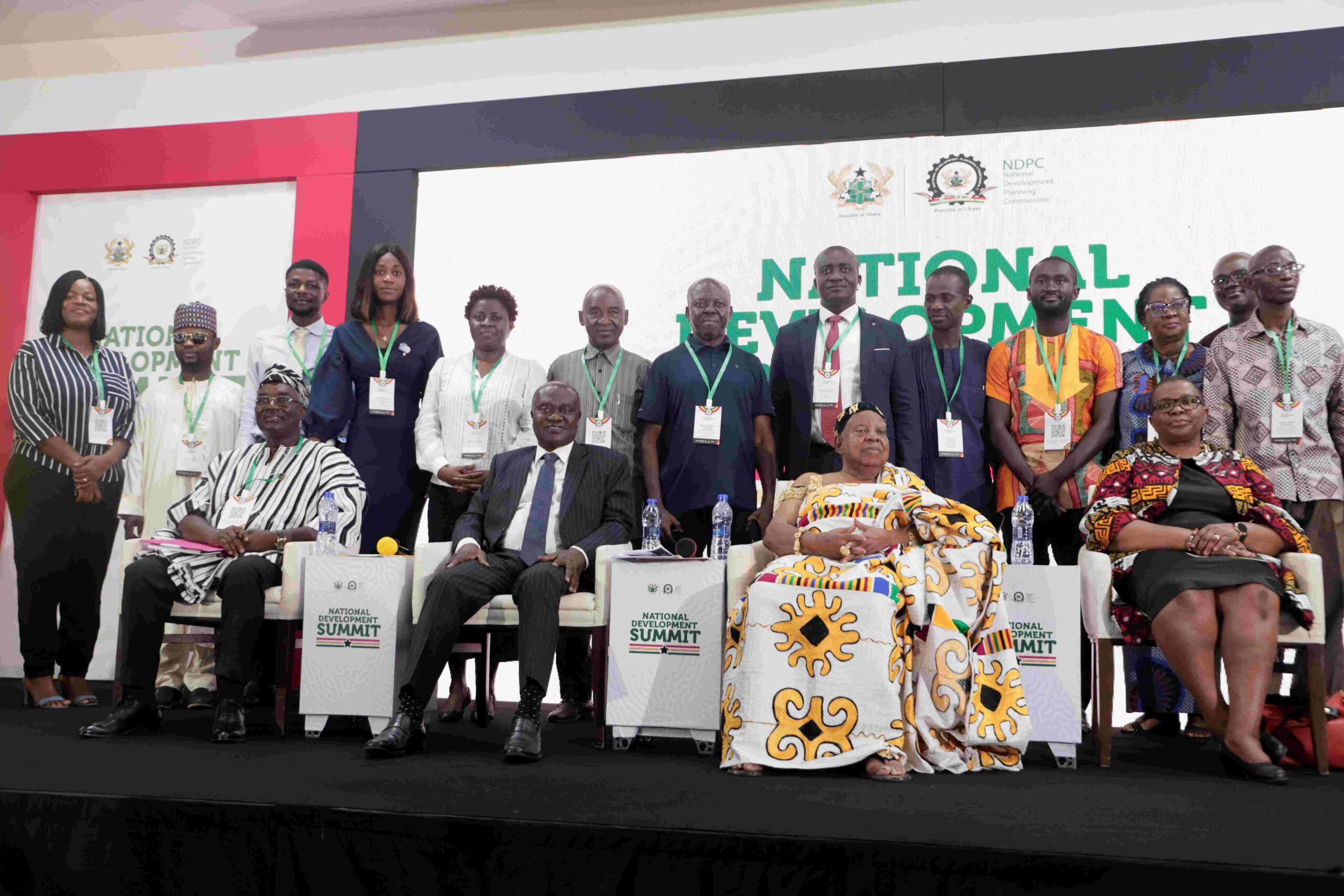

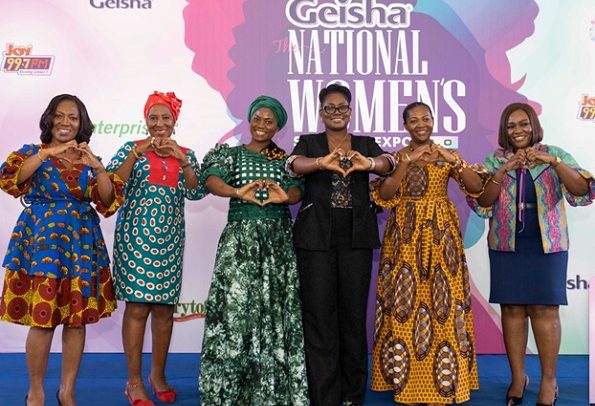
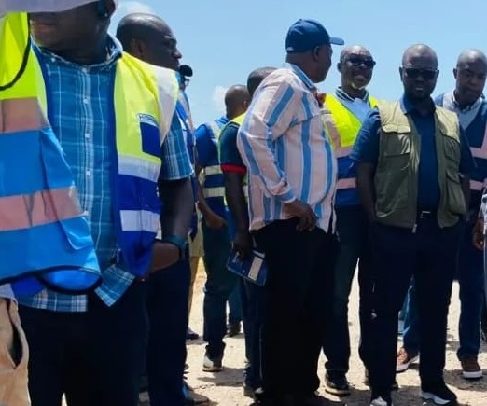




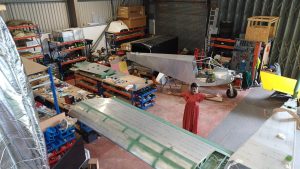


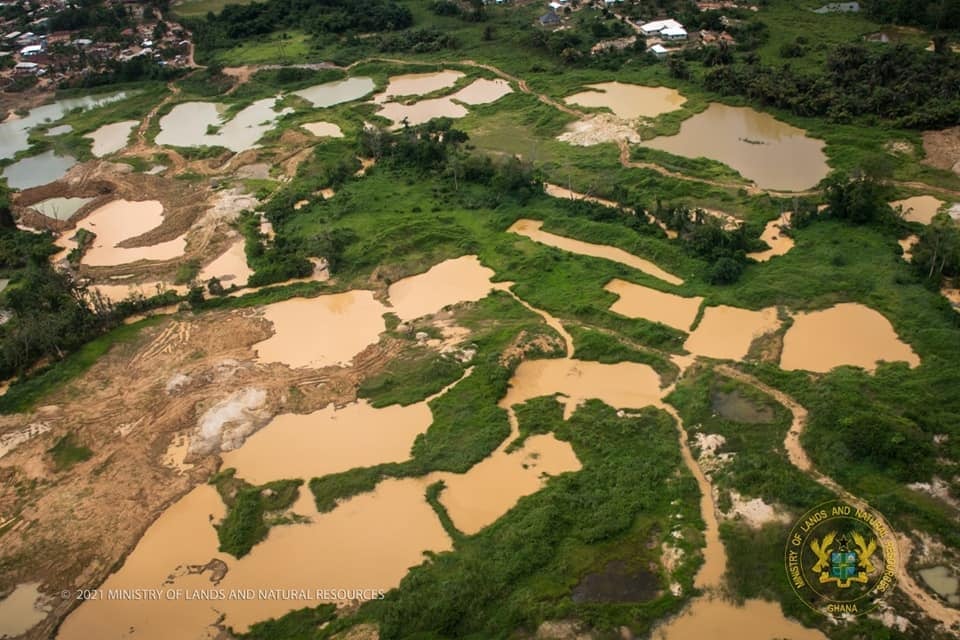


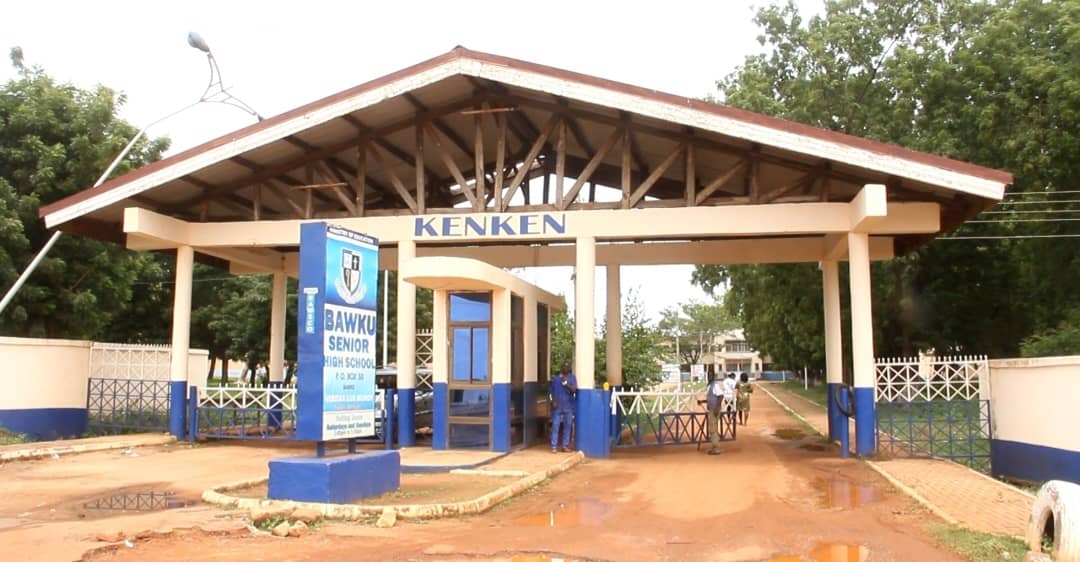



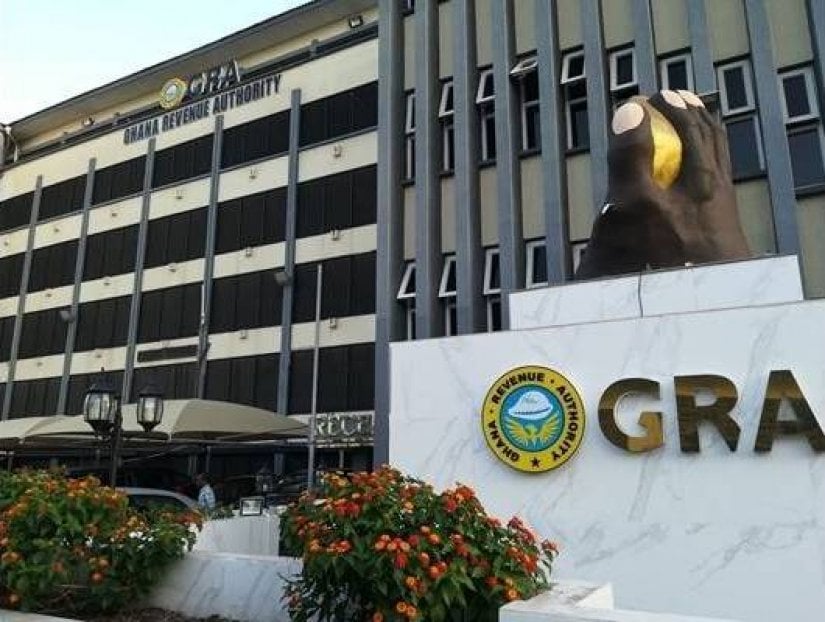

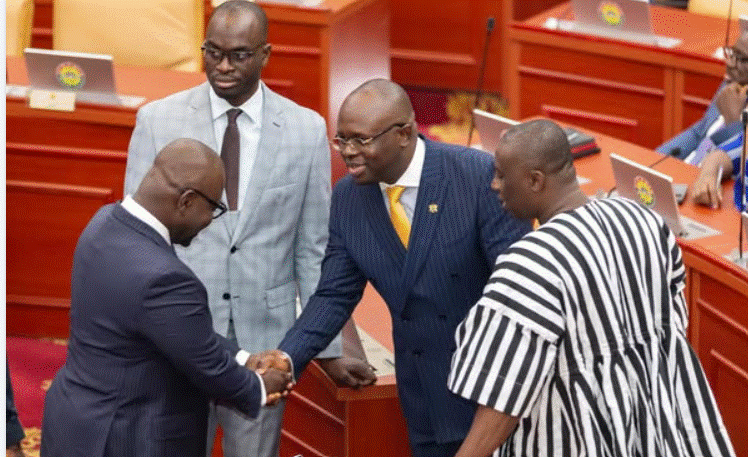
Facebook
Twitter
Pinterest
Instagram
Google+
YouTube
LinkedIn
RSS